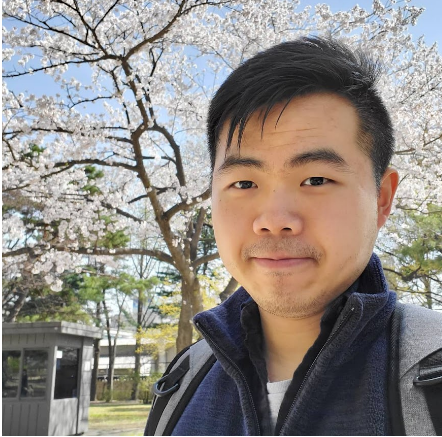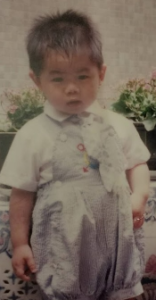
What is your name and role at KIPP MA?
Ken Mai, Student Support Services Coordinator for KAB/E
Talk about your identity.
My parents immigrated from southern China to the US in the 1980s. I identify as second generation Chinese-American.
A big part of my cultural identity is formed by food. I grew up in a predominantly white environment, but had a close network of cousins and family friends who lived in the same area, so big holiday gatherings like Thanksgiving, Christmas, and Chinese New Year would all be celebrated in this big multi-family and multi-cultural way. At these celebrations, we would have chowmein alongside mashed potatoes, siu mai next to turkey, chasiu barbecue pork placed with honey glazed ham.
Another big part of my cultural identity is associated with language. I grew up speaking Cantonese at home, taking Mandarin classes on the weekends, watching TV from Hong Kong, and listening to Chinese music. In middle school and high school, I started to build more of an interest in other East Asian cultures, watching Japanese anime and Korean drama, listening to Jpop, and trying to teach myself the languages. In college, I took Chinese and Japanese language classes while studying linguistics.
Travel has been an essential part of building my identity. Growing up, every three years or so, we would use the savings from the last few years to take a summer vacation to Hong Kong and China to visit relatives who were still there. I also did a summer study abroad in Japan in college; after coming back, I tried to immerse myself in the culture by joining the kendo club — a Japanese martial art called “the way of the sword” — and a Japanese tea ceremony club. After college, I taught for a year in Taiwan and lived in a small town in the mountains, learning about Taiwanese and indigenous culture.
Something that has become increasingly important to me is seeing representation in media – books, movies, shows, pop culture in general. The increasing popularity of anime and kpop has been astounding and I think it has really made a difference in how Asians and Asian Americans are seen. I’ve loved seeing Asian films like Parasite and Minari make waves in the US, as well as Asian Americans taking center stage in Shang-Chi and Crazy Rich Asians, plus the animated movies like Over the Moon which takes inspiration from a beloved Chinese myth and Turning Red which talks about growing up Chinese-Canadian. I’ve been quite intentional over the past year to also listen to Asian-American podcasts, read books written by Asian-American authors, and to learn more about Chinese history.

How do you see your identity celebrated in the classroom?
I think this has been a bit challenging – in my Arizona public school growing up, I don’t think I ever saw my culture being celebrated. I was seen as a quiet, “smart” student who fit neatly into the model minority myth, and most discussions of Asia and Asians often fell into stereotypes or exoticism. As a teacher, I had a few opportunities to share about my culture, but mostly only during Lunar New Year / Chinese New Year – I don’t think I even knew about AAPI Heritage month until 2021. Even then, it’s often up to individual teachers to know and share about these resources, and with competing priorities it can take a backseat. I hope that we can make it more of a common practice to share stories and histories of Asian Americans, and to hear from a broader range of experiences as well, especially those that reflect the heritage of members of our community.